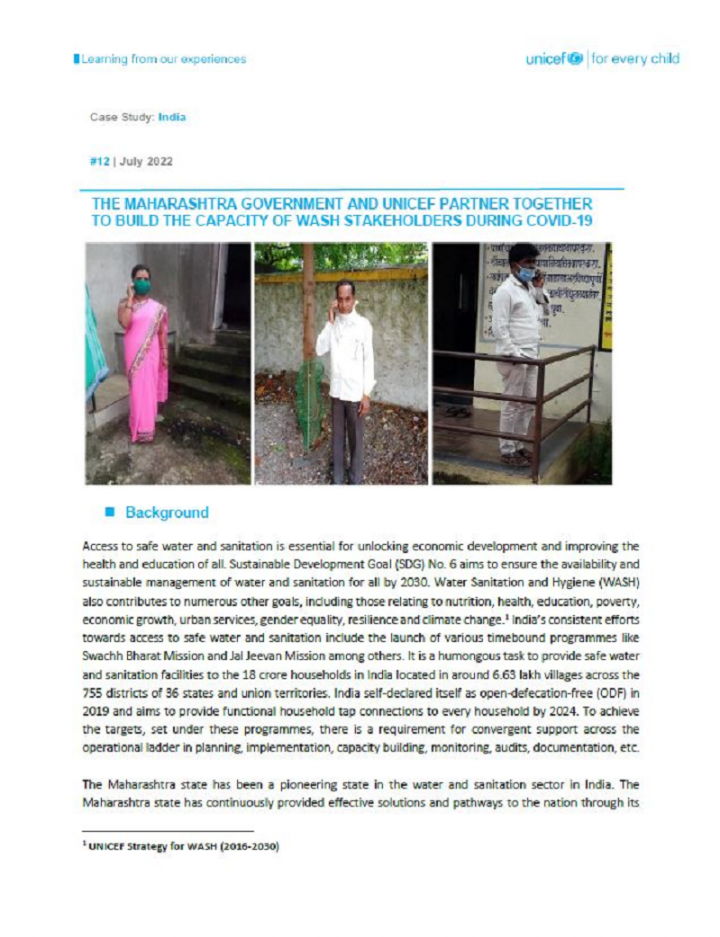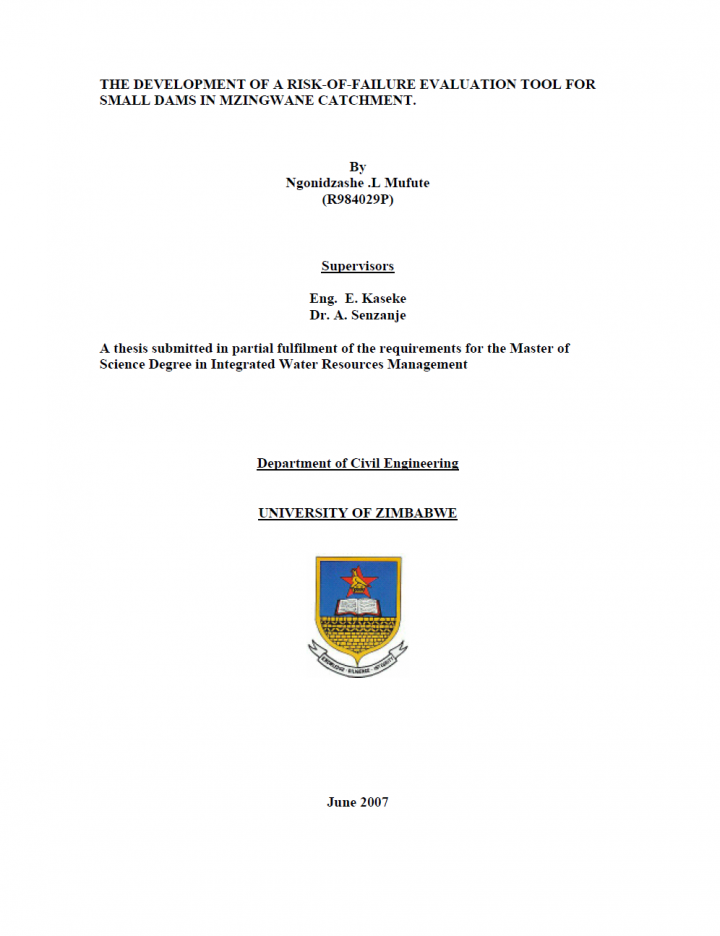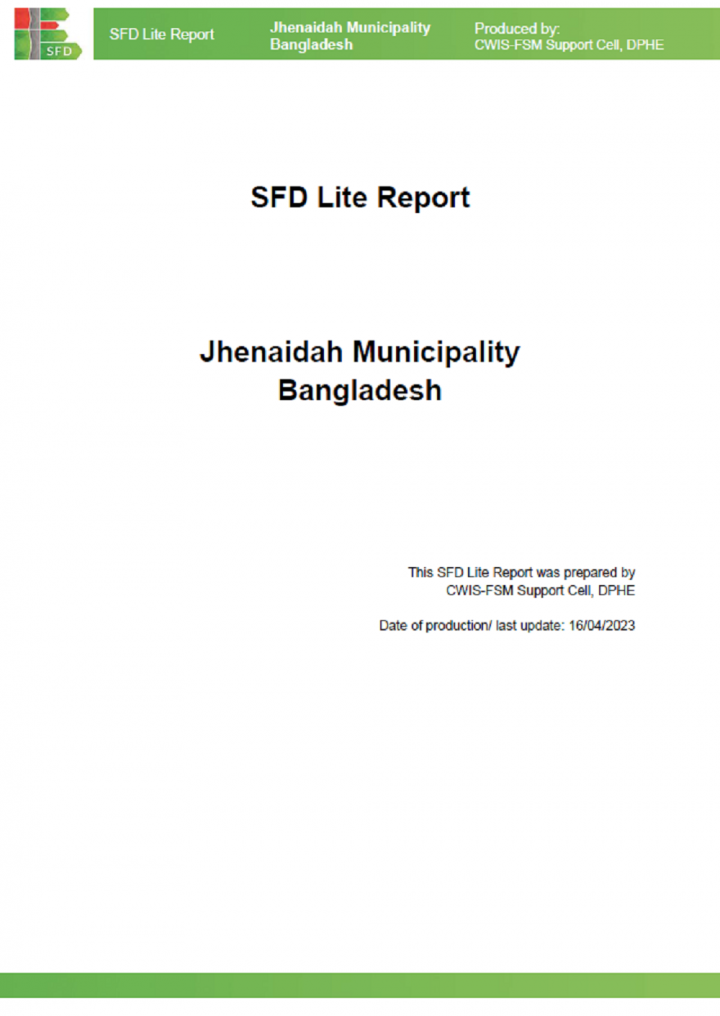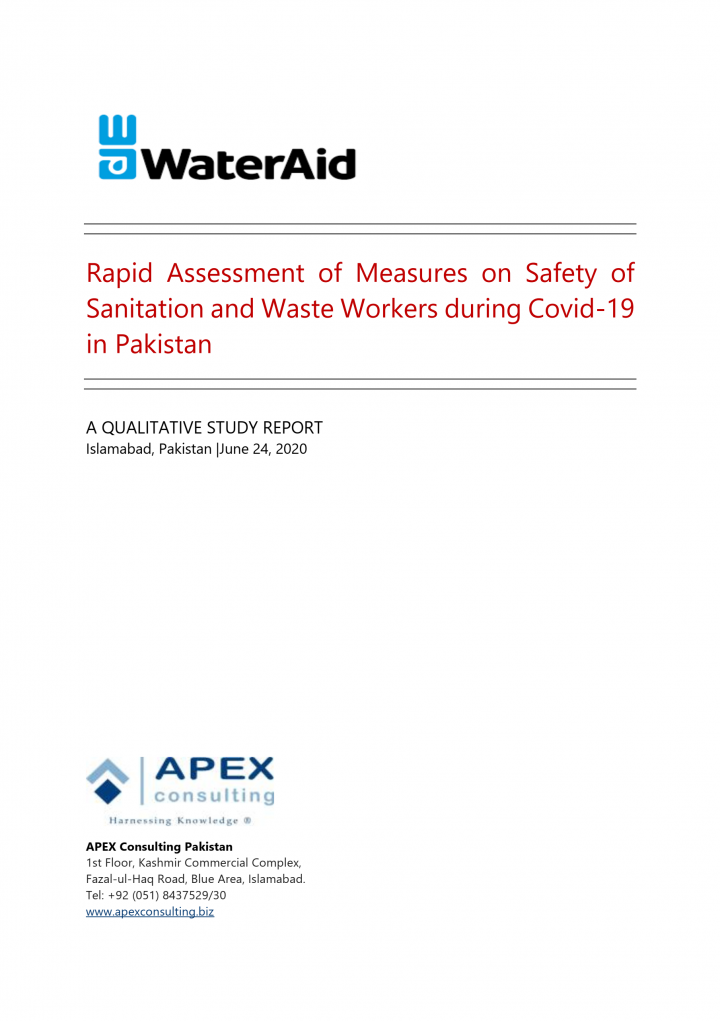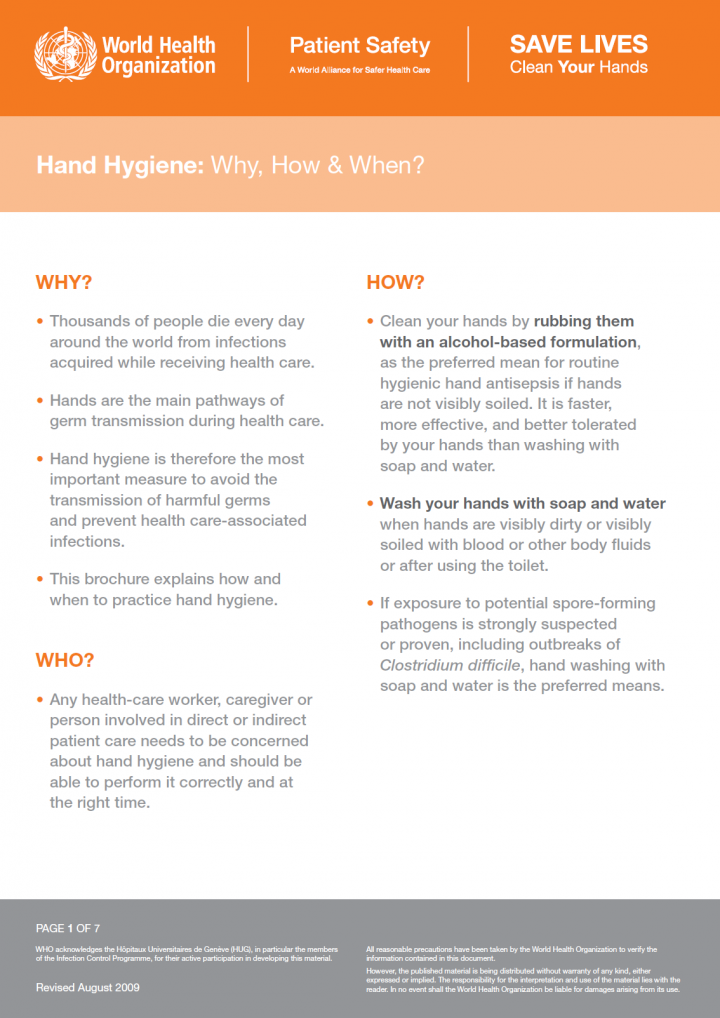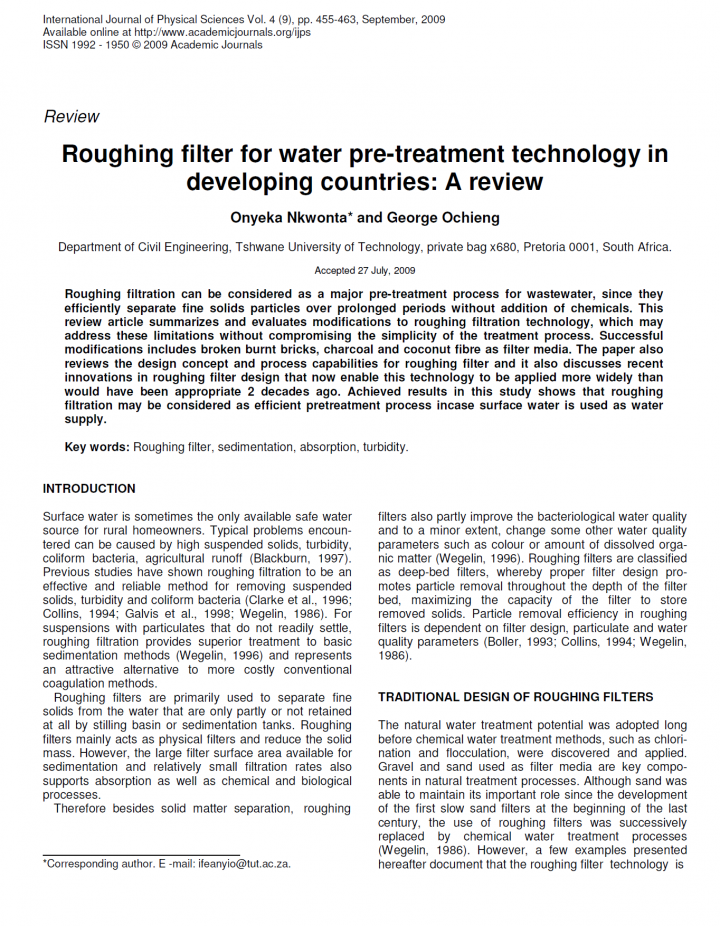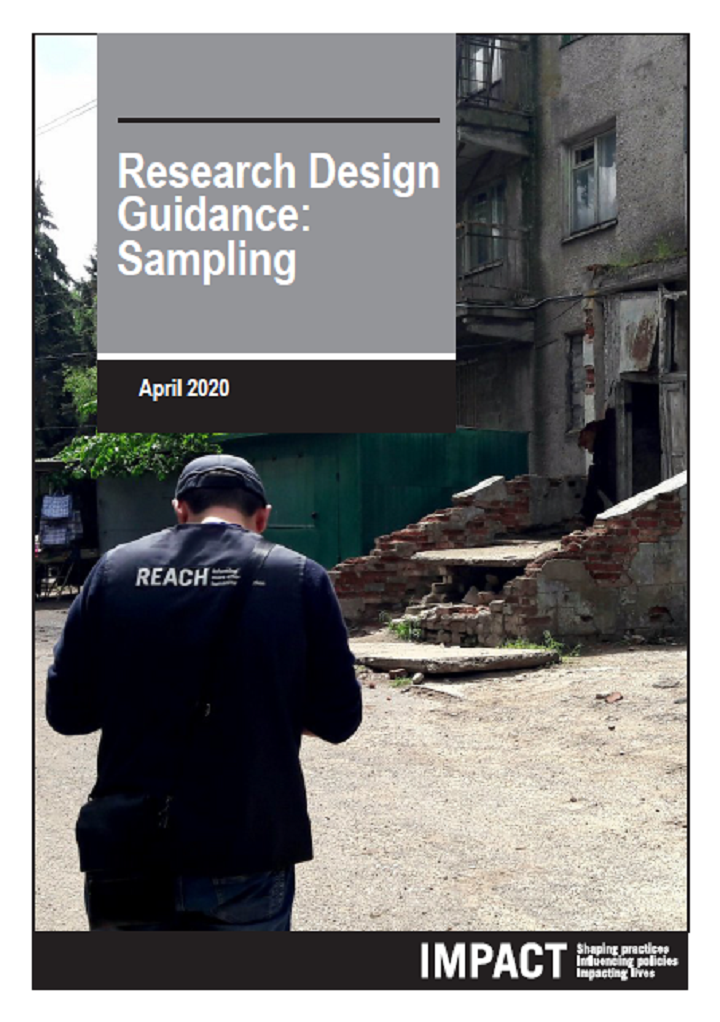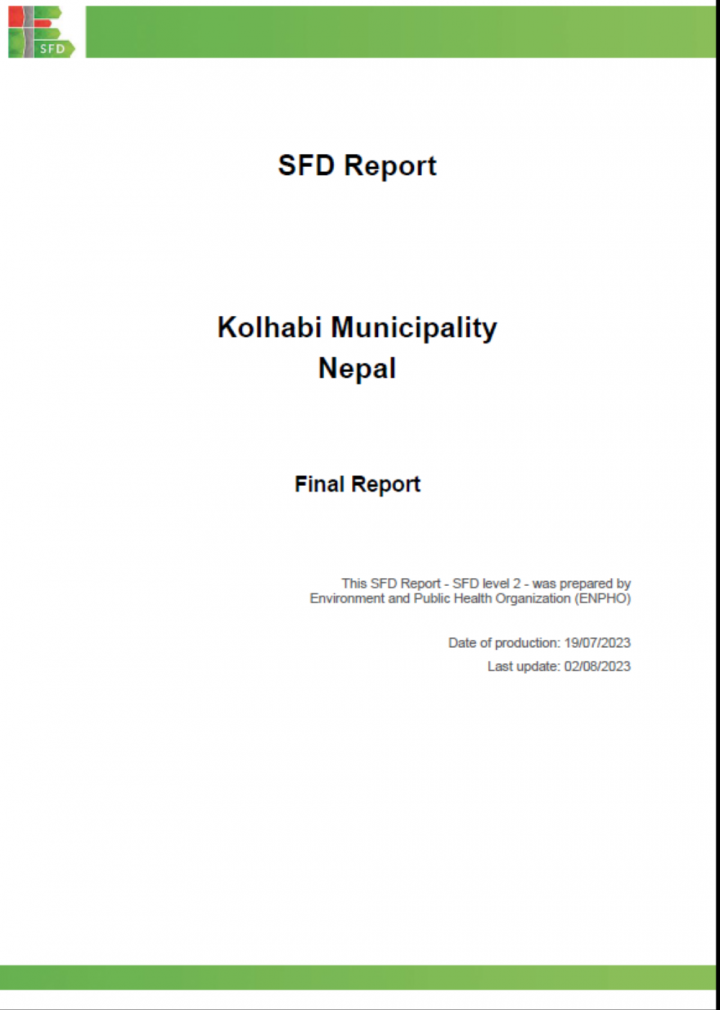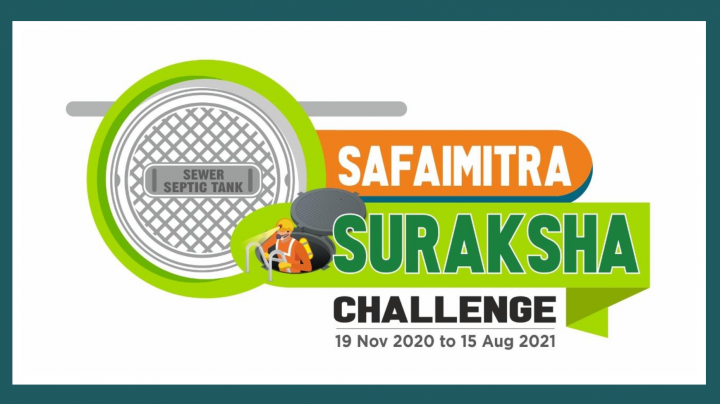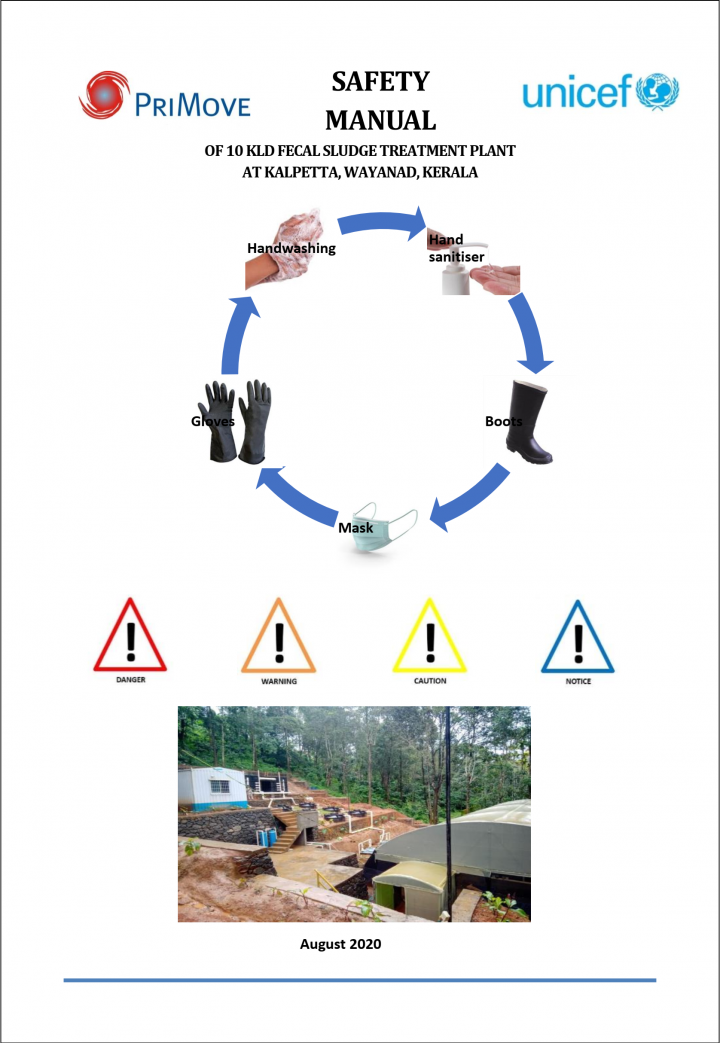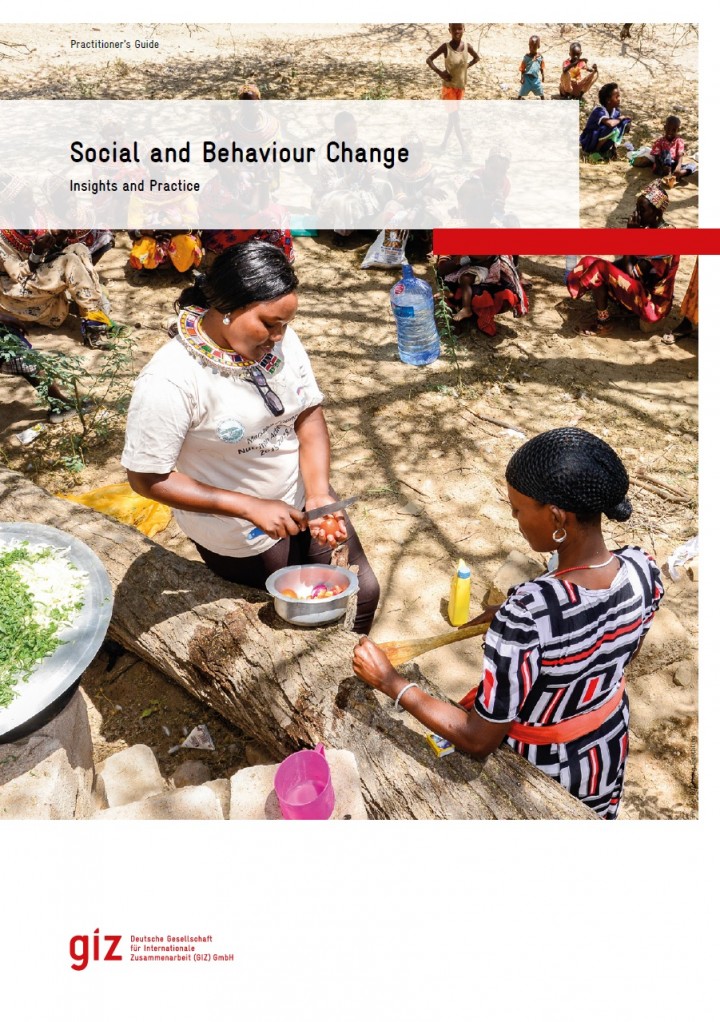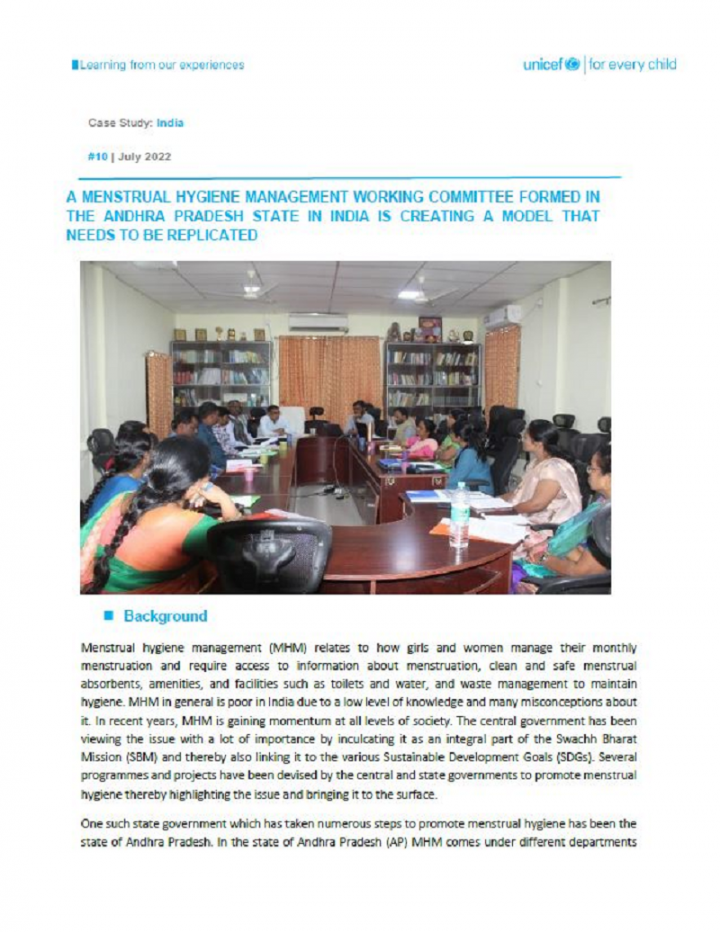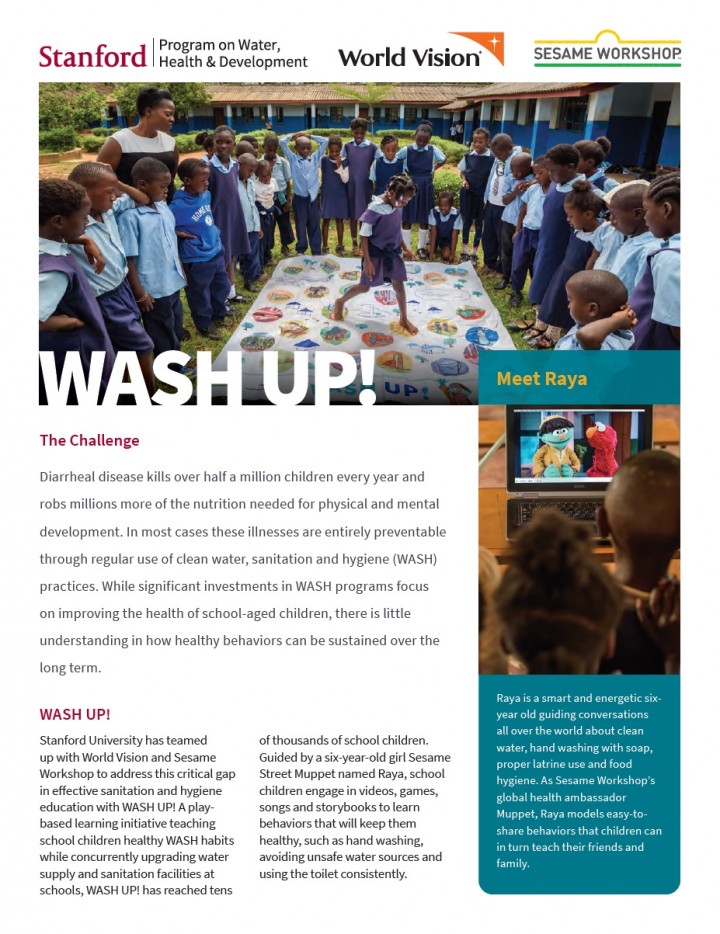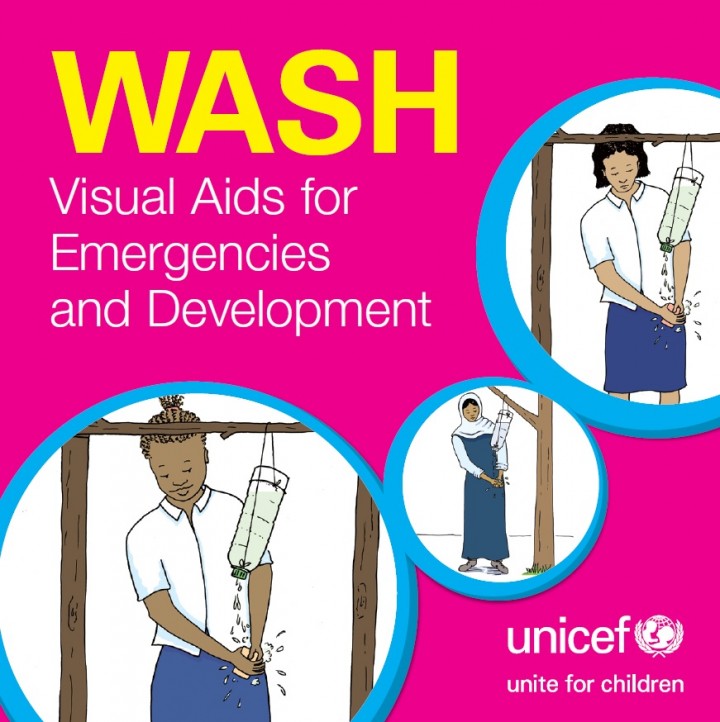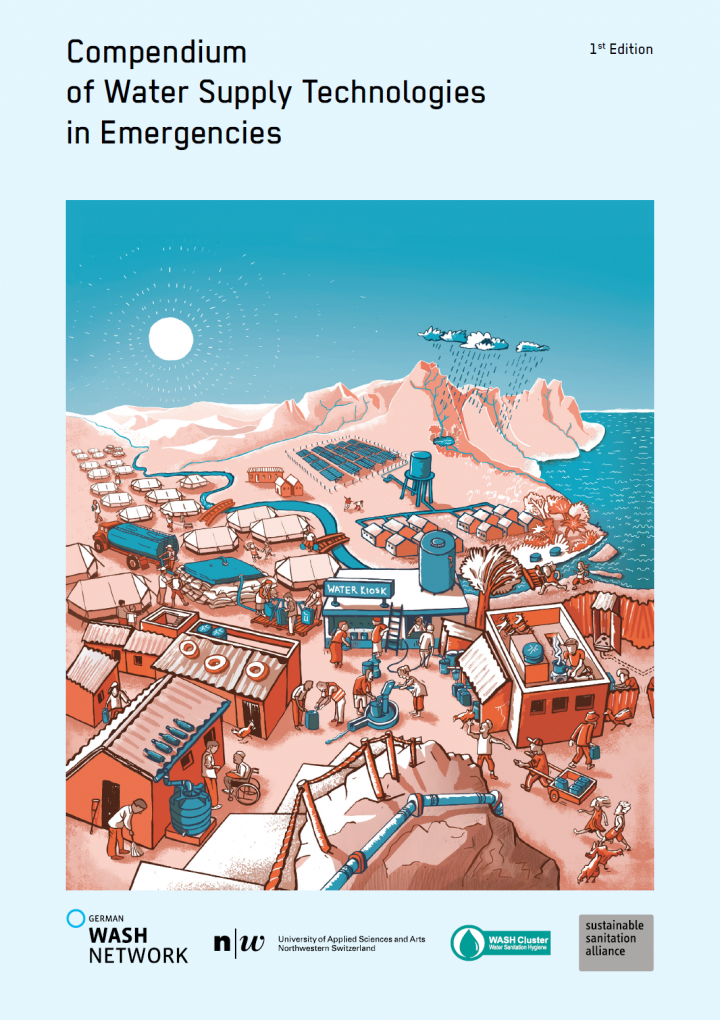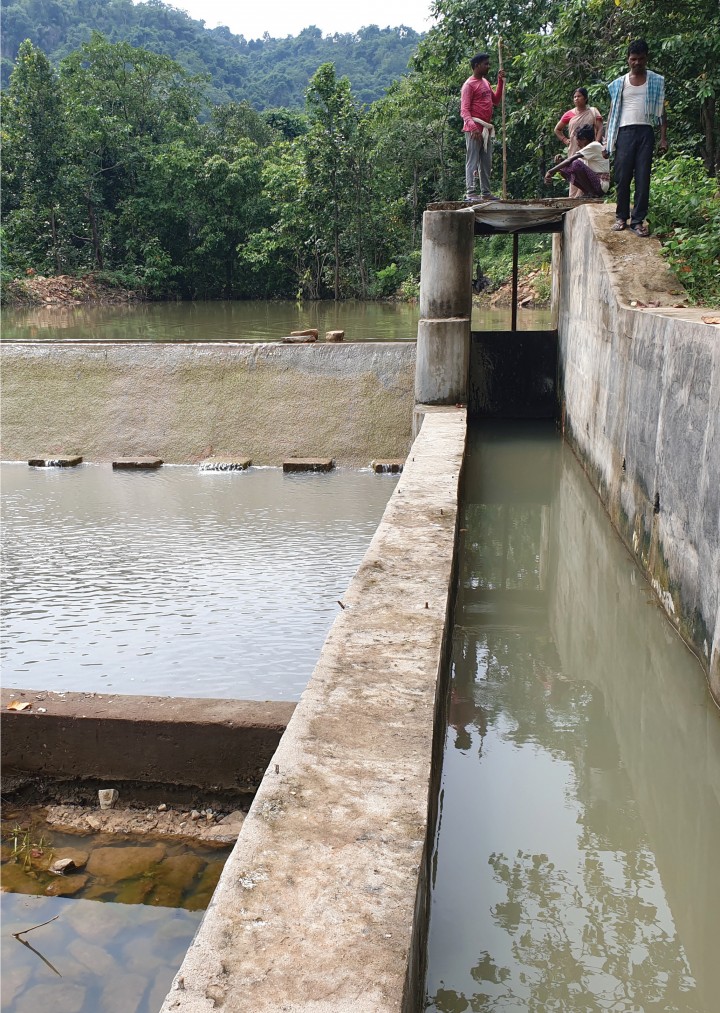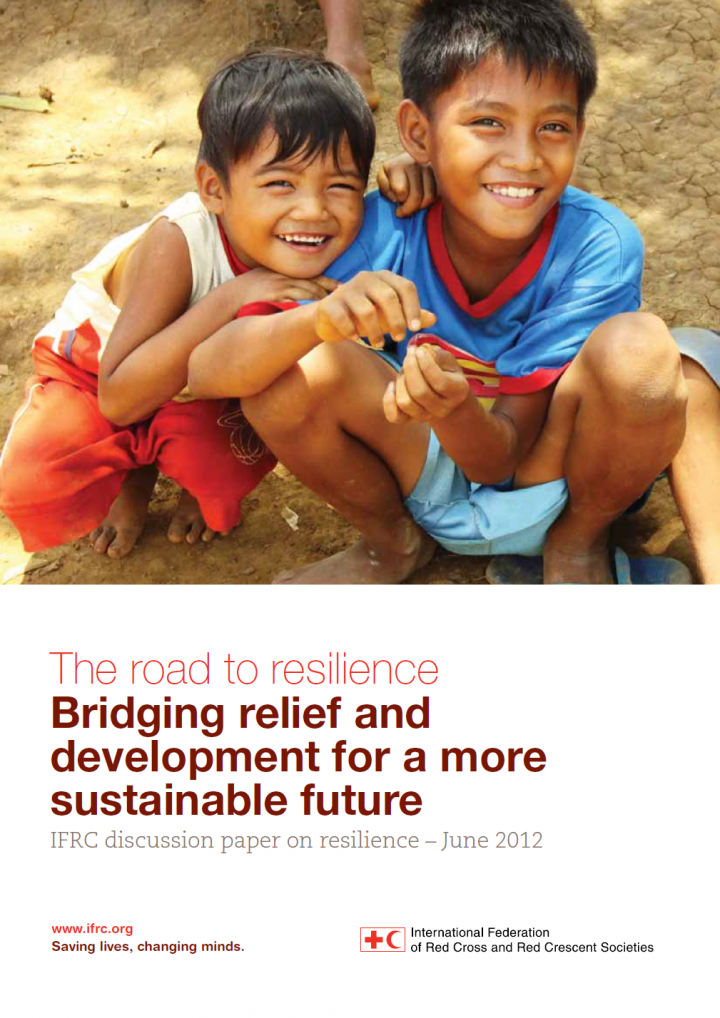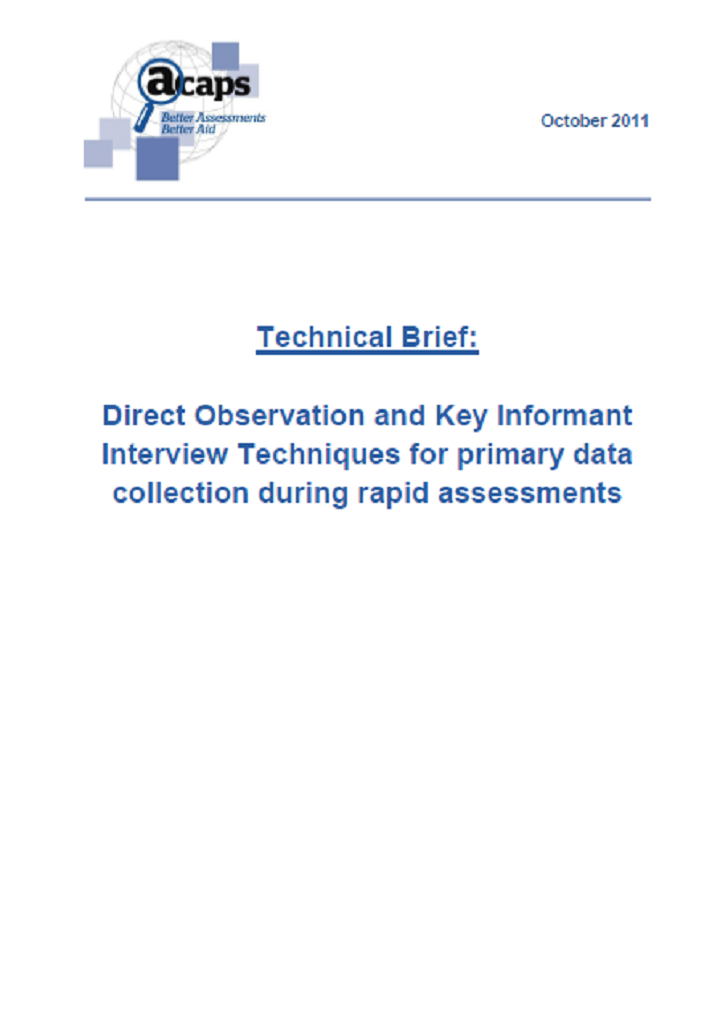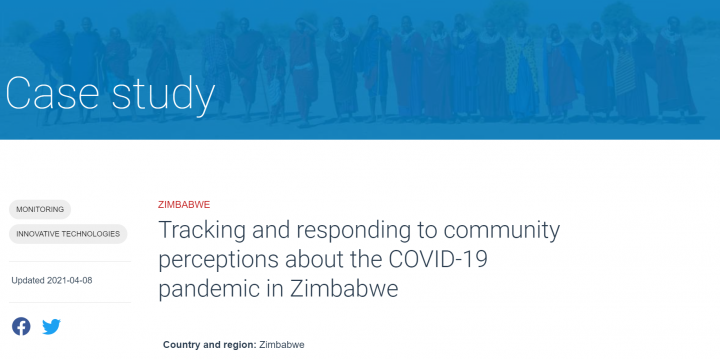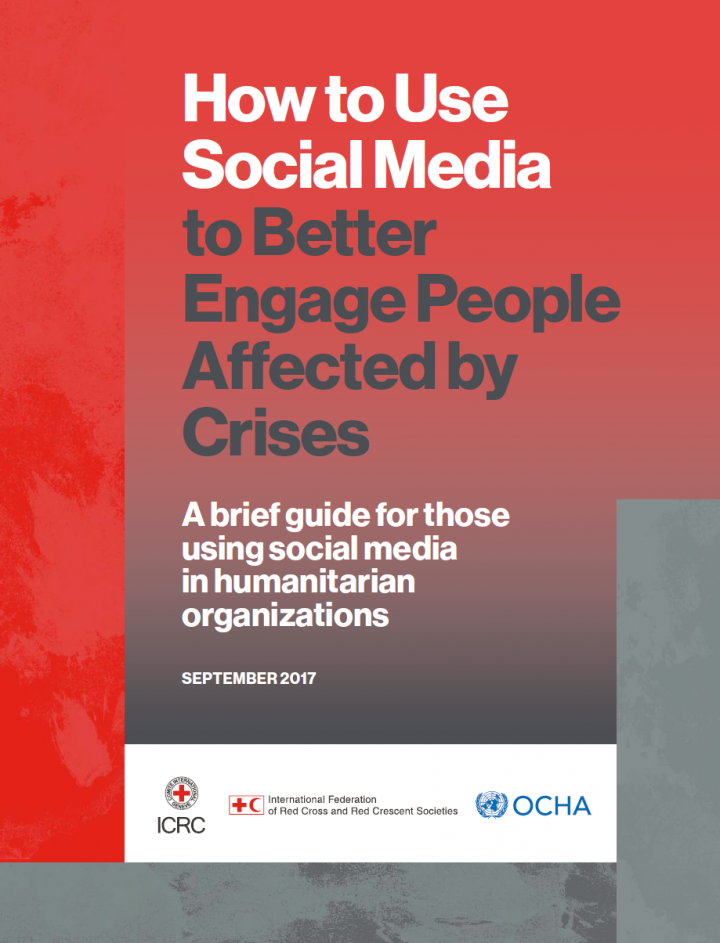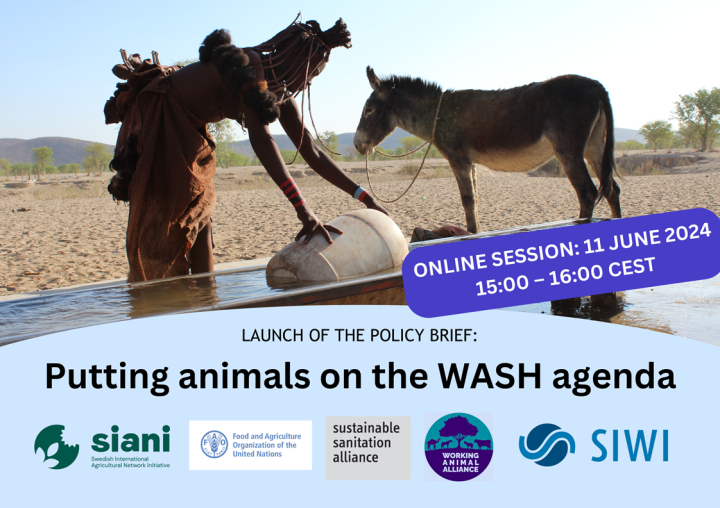Searching for information on Sanitation Workers?
The Sanitation Workers Knowledge + Learning Hub is the best source for all current news, trends, articles and updates on sanitation workers rights around the world.
Access to safe water and sanitation is essential for unlocking economic development and improving the health and education of all. Sustainable Development Goal (SDG) No. 6 aims to ensure the availability and sustainable management of water and sanitation for all by 2030. Water Sanitation and Hygiene (WASH) also contributes to numerous other goals, including those relating to nutrition, health, …
This session explores the realities of sanitation work in urban settings across India and Kenya. Whilst distinct historically, socially, politically and geographically, hazardous forms of sanitation work (including manual pit or manhole emptying) persist in both countries. Speakers explore the changing realities of sanitation work in each country, including ways to improve working conditions for …
World wide attention is given to the prevention of failure of medium to large sized dams, with little attention being paid to small dams. As a result the physical condition of small dams is generally poor, making them susceptible to failure. However, small reservoirs are an important source of both primary and productive water for rural communities. It is against this background that this study …
Jhenaidah is a fast-growing city, which is 174 km away from the Dhaka city. It is beside the Naboganga River and it is well connected with road and water. It is one of the oldest towns in the sub-continent and was declared municipality in 1958. Jhenaidah is one of the 53 district level municipality in the country. According to the population census in 2011 by the Bangladesh Bureau of Statistics …
WaterAid Pakistan commissioned this rapid assessment research on the knowledge, practices and perspectives of sanitation workers and solid waste collectors about Covid-19 pandemic in Pakistan. The specific objectives of research were to understand the knowledge, practices and concerns of sanitation and waste workers regarding coronavirus, and; to find out the gaps and come up with recommendations …
The Tamil Nadu Urban Sanitation Support Programme (TNUSSP) has been supporting the Government of Tamil Nadu (GoTN) in achieving total sanitation in the state, and are demonstrating innovations in two model urban locations – Tiruchirappali Corporation, and Periyanaicken-palayam (PNP) and Narasimhanaicken-palayam (NNP) town panchayats. The Bill and Melinda Gates Foundation (BMGF) is supporting …
Roughing filtration can be considered as a major pre-treatment process for wastewater, since they efficiently separate fine solids particles over prolonged periods without addition of chemicals. This review article summarizes and evaluates modifications to roughing filtration technology, which may address these limitations without compromising the simplicity of the treatment process. Successful …
Sampling is the process of selecting units (i.e. a sample) within the wider population of interest, so as to be able to make inferences and estimate characteristics and behaviour of the wider population. Sampling is different from census which is when every single unit within the wider population of interest is covered for the research. A complete census is often not practical or possible in a …
Kolhabi Municipality is situated in Bara District of Madhesh Province in the southern region of Nepal. It is divided into 11 wards and covers an area of 157.40 sq. km. It was restructured by merging the already-existing Kolhabi, Sapahi, Prasauna, Kakadi, Amab, Bachhanpurwa, Rampurwa Village Development Committeees (VDCs) and some wards from VDCs Sinhasani (wards 1 and 2), Haraiya (ward 6), …
This Manual is needed for the technical persons to be trained as Operators and helpers at the FSTP site at Waynad. It contains Technical Guidelines for carrying out the works. A series of manuals are made, Operation and maintenance manual and Operator Instruction manual are the others.
This Health and Safety Rulebook is presented for the use of all employees of the Faecal Sludge Treatment plant …
This document will help you to understand: what is social and behaviour change (SBC) what drives human behaviour (a few key things; no one knows it completely!), step by step, how you can integrate SBC into the various stages of your intervention, starting from the design to its final evaluation, where can you find the most helpful tools, guidance, examples and other resources.
Menstrual hygiene management (MHM) relates to how girls and women manage their monthly menstruation and require access to information about menstruation, clean and safe menstrual absorbents, amenities, and facilities such as toilets and water, and waste management to maintain hygiene. MHM in general is poor in India due to a low level of knowledge and many misconceptions about it. In recent …
The Compendium of Water Supply Technologies in Emergencies offers a comprehensive and structured manual and planning guide on available water supply technology options in humanitarian settings. It disaggregates technologies into their functional components, clarifies terminology and provides guidance for identifying the most appropriate water supply technology solutions in a given context and for …
Youth4Water was conceptualised to harness the power of youth to raise awareness and initiate action on water conservation and related fields such as sanitation and hygiene. It is heartening to know that the campaign has been able to mobilise thousands of youth across the state in just one year.
The youth got a firsthand opportunity to understand community conservation …
The purpose of this document is to present to our key partners the IFRC’s definition of and perspectives on resilience. It also serves as a reference across the network of National Societies. We invite all key stakeholders to support the Red Cross Red Crescent’s operational work on resilience so that together we can bring about the serious changes
needed for sustainable development in the …
Zimbabwe implemented COVID-19-related restrictions early into the pandemic to limit the spread of the virus. These restrictions added to the ongoing macroeconomic crisis and high levels of inflation have had critical effects on individuals and businesses. Community perceptions associated with the virus and the restrictions, therefore, fluctuated throughout the pandemic.
What's in this guide? Online communication platforms have become a lifeline for millions of people affected by natural disasters and armed conflicts: social media and messaging apps help maintain contact with family and friends, and provide access to information, such as where to find food, shelter or medical assistance. This information can directly influence how people prepare for, respond to …
Animal species are an integral part of the systems that supply our drinking water and ensure that we live healthy lives. Yet, interventions to promote water, sanitation, and hygiene (WASH) often fail to consider animals’ roles, needs, and impacts on the services and implications of WASH systems for animals with whom we share water sources.

